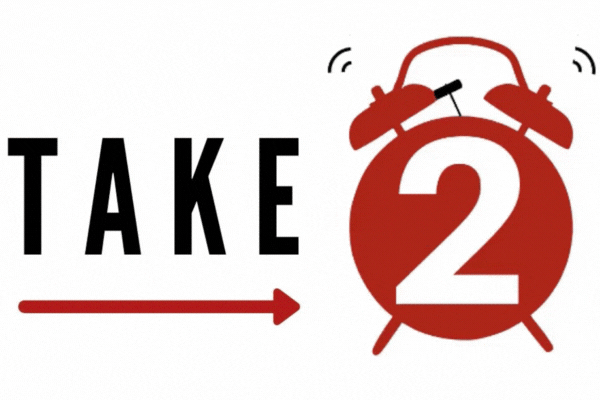The United States lowered its flag today in Iraq, signaling an official end to the 9-year military mission in the Middle Eastern country, one of the longest in American history. Since the war’s beginning in 2003 the Iraq War has claimed the lives of more than 4,500 American military personnel and more than 100,000 Iraqi civilians.
Although Saddam Hussein’s regime collapsed quickly after America’s initial involvement, it took several years’ worth of extended involvement to stabilize the region, with each passing year surmounting in more criticism from American citizens and the international community, especially once it was revealed that no weapons of mass destruction had been present, contrary to prior evidence. Barack Obama, in his campaign for the U.S. presidency, promised to remove all U.S. military personnel in his first term.
Now, of the remaining 4,000 American troops, most will be leaving by Christmas.
Although American troops will be leaving Iraq, the US has pledged itself to support Iraq for years to come. This comes in light of growing fears that as the U.S. withdraws troops, a power vacuum will be created that will be filled by neighboring Iran, notorious for its quest to obtain a nuclear weapon.
Regardless of the potential consequences, school faculty is taking the news with a pinch of salt.
“The war isn’t over,” AP US History teacher John Conner said. “Just because we’ve left doesn’t mean it’s over. We’ve got 10,000-something wounded veterans that still have to try to make a life.”
Conner is right. Since the mission’s official start, more than 32,000 soldiers have been wounded.
Substitute teacher John Butler is glad to hear the Iraq war is finally coming to an end.
“It’s a great idea,” Butler said. “But we need to leave a few people there to help the Iraqis get on task, but let’s get our people back.“




















